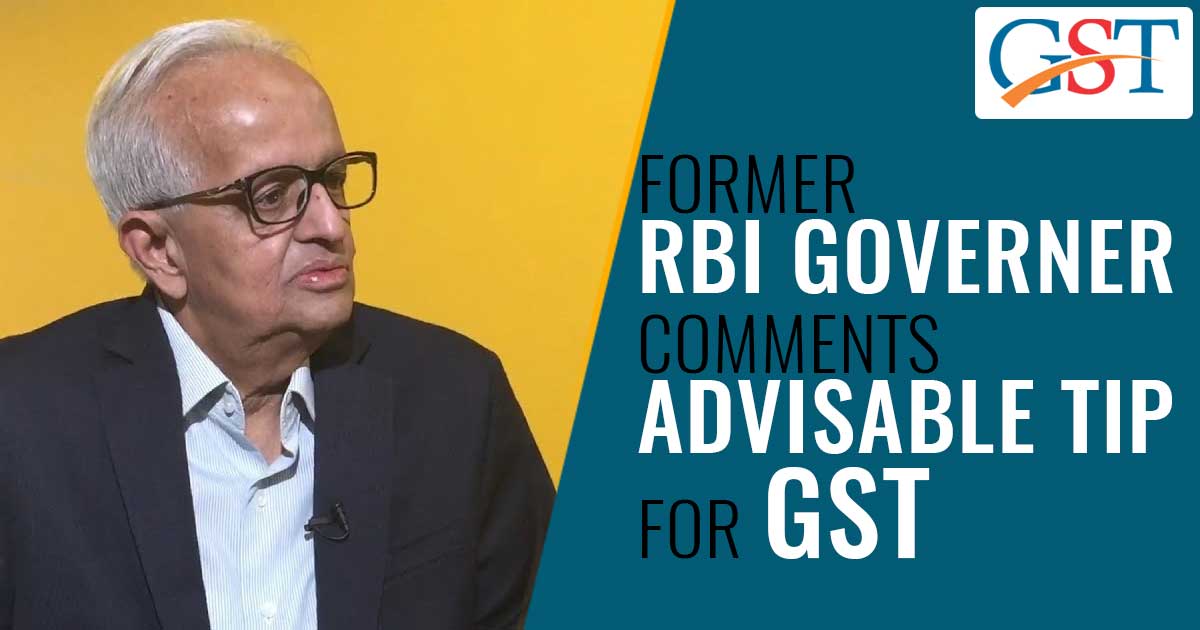Bimal Jalan, former RBI governor, has advised that the GST council needs to transfer the authority from the centre to local governments because preferences of states are diverse according to the poor and rich status.
GST, the biggest tax reform after independence, plays very important role in improving the economic status of the country, Jalan has said that appropriate implementation of Goods and Services Tax (GST) would certainly need further time.
Jalan explained, “Priorities 34 of rich states like Maharashtra and poor states Bihar are going to be different. There are different parties in states and the Centre, so we have to decentralize the implementation of GST.”
He realized that the revenues of the states will vary if a state is generating high revenues by selling high tax products and other is generating low by selling low tax products. Revenue Secretary Hasmukh Adhia also favoured the same and said: “the GST which is a big reform and eliminating the cascading effects by unifying taxes like excise duty, VAT, and services tax so it will require a year time for stability.”
It has been four months since the new indirect tax implementation, and it has displayed technical glitches and compliance hurdles in filing the returns. The GST Council, which is the highest body in governing the GST rules and regulations, is continuously making efforts and tweaking the rules for the better implementation of the GST.
The GST council is trying hard to ease the hurdles being faced by medium and small businesses while filing the returns and furnishing taxes. It has made amendments to make the GST business-friendly.
Furthermore, the GST council has revised the GST rates on 100 Goods and made changes to the refund process to easy it for exporters.










